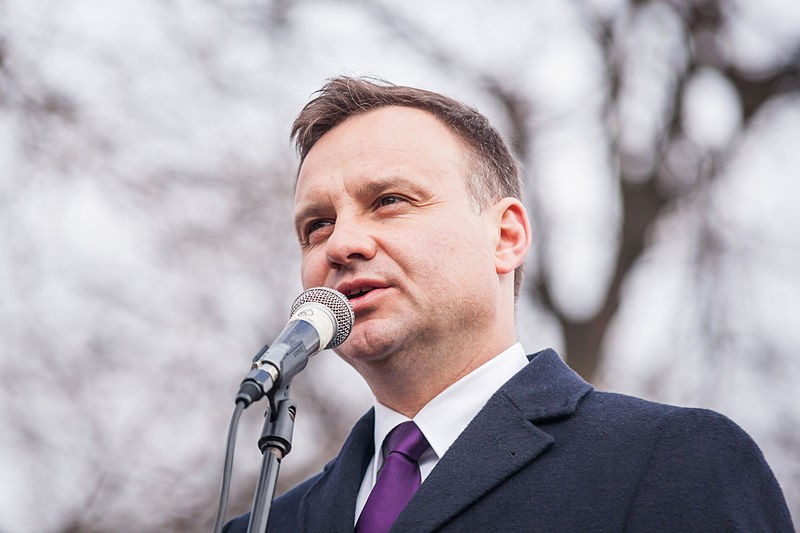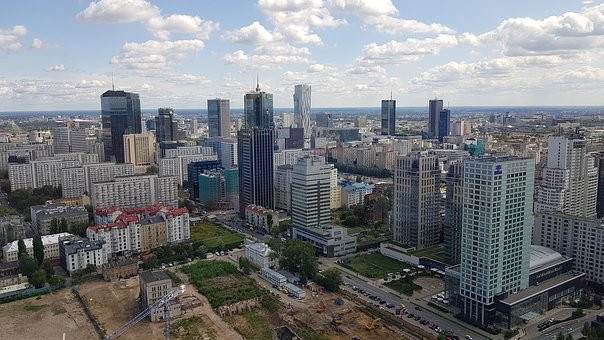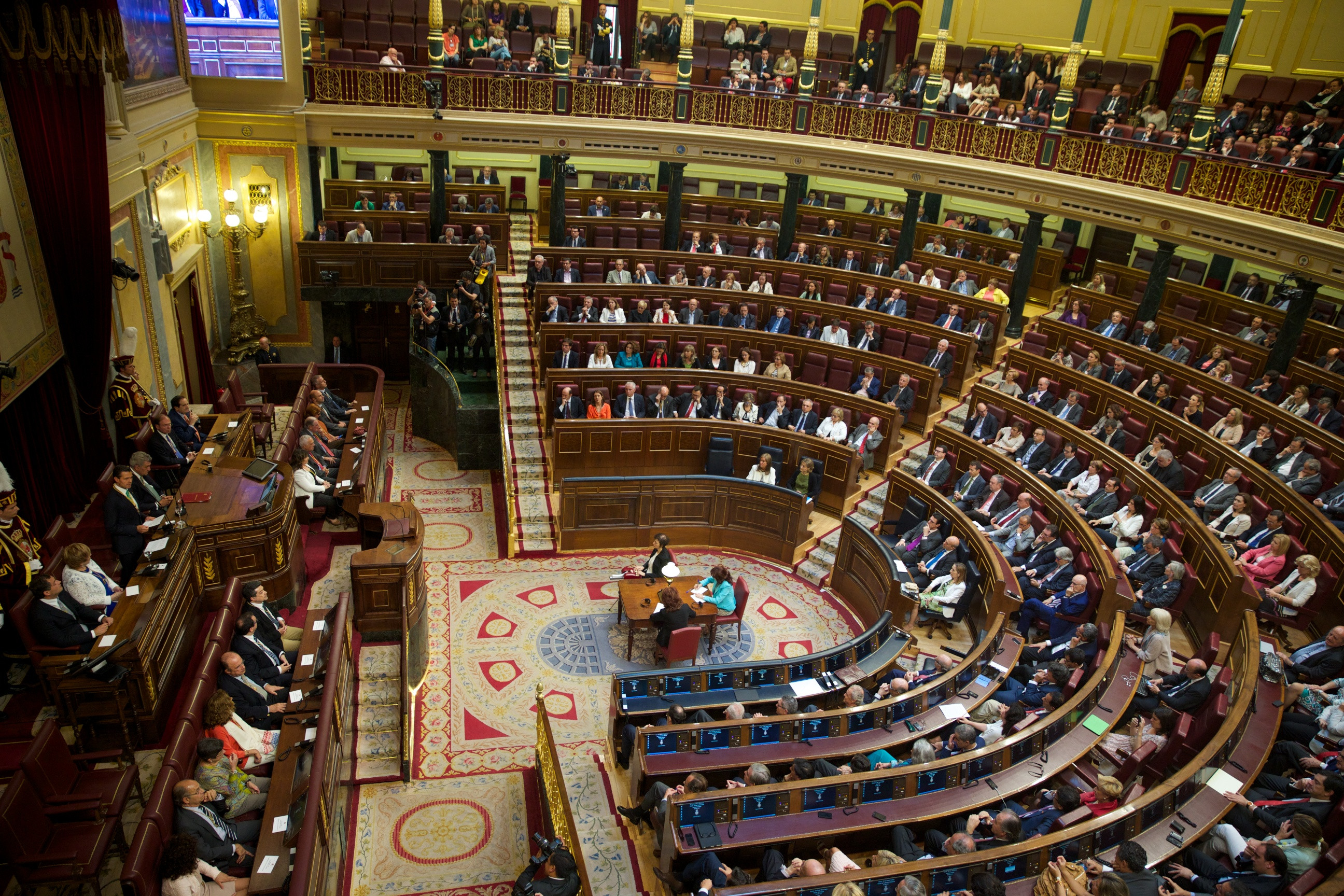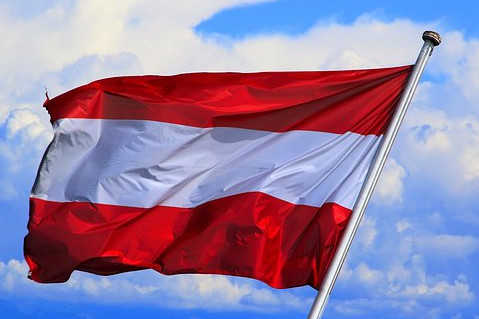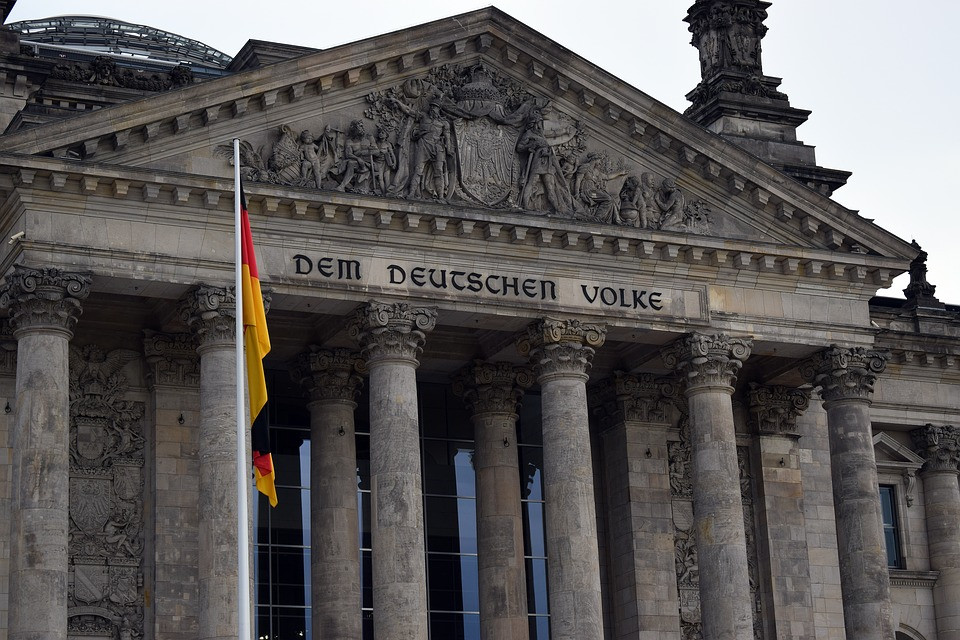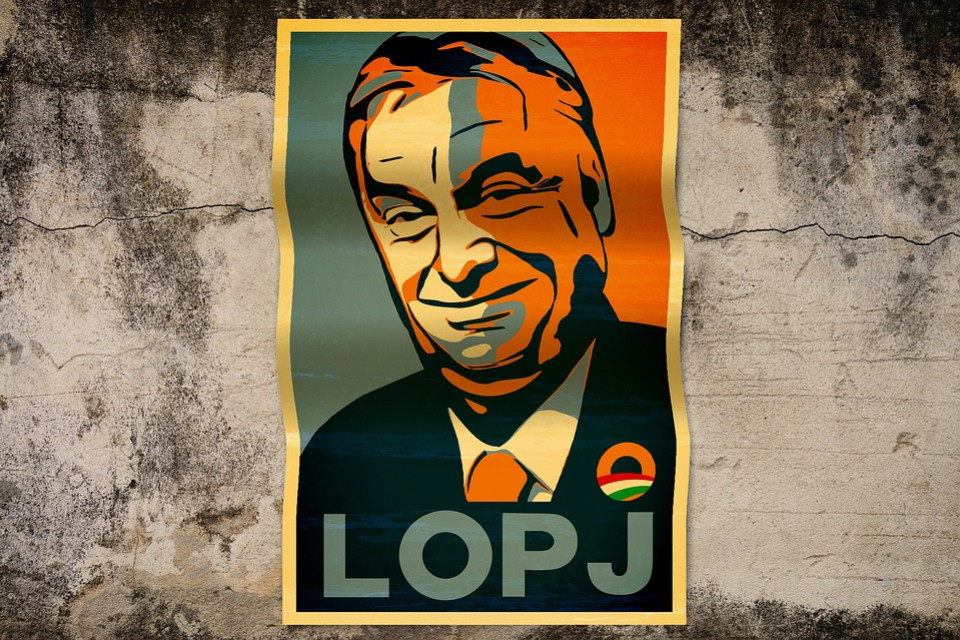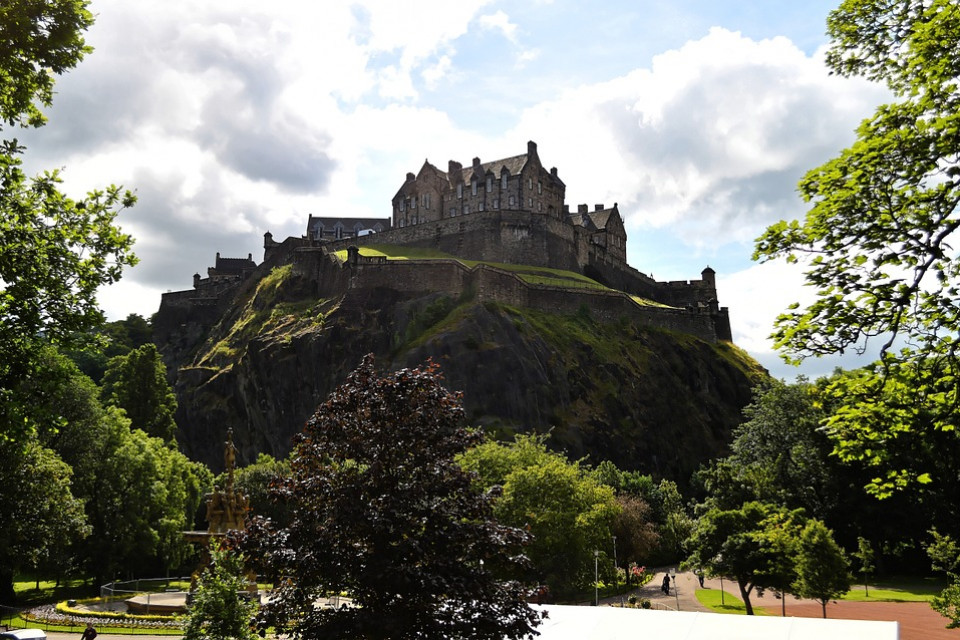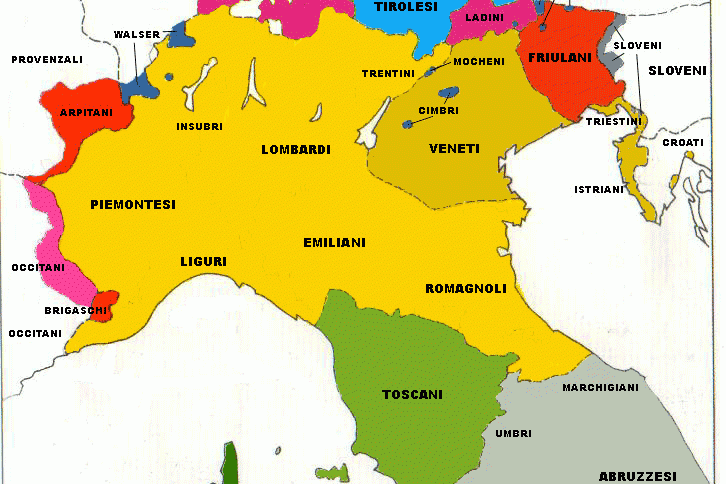There is much talk of the rise of the Far Right, of the advances of the populist parties at successive elections in each country. What is the assessment today, once the doors of power have been breached?
Europe is an old continent that brings together 51 countries. Among them, 47 are signed up to the Council of Europe and 28 to the European Union (Brexit has not yet had effect).
How many of them have swung towards the Far Right? We have to remember that many European countries have quite conservative governments, but which are not Far Right, such as Putin's government, which is considered to be " centre right " or the Belarusian government that calls itself "Independent".
In Poland, Andrzej Duda, a former vice-minister of Justice and European deputy from the Conservative and Europhobic Law and Justice (PiS) party, was elected President in May 2015.
His election was hanging by a thread (the closest in Polish political history) and many politicians argue that the key to their victory was the abstention (1,993,169 voters in the second round for a census of 30,688,570 on the voters' roll).
Broadly speaking, Poland has the same political system as France. A presidential election with relative majority (first past the post) system over two rounds, followed by a two-round legislative election. Thus, in October 2015, the elected parliamentary majority ratified the PiS in its dominant position and Beata Szydlo was elected President of the Council.
REFORMS WANTED BY AN ELECTORAL MAJORITY
THE ECONOMY
Liberalism, of course, has never been a concept adopted by the PiS (the Far Right is economically protectionist). The Poles are even "sick of liberalism," according to Le Monde Diplomatique. Since February 2016, Poland has taxed its banks (a tax of 0.44% on the assets of financial establishments), which accounts for a third of its profits. Also, large retail banking had new taxes imposed. Without a doubt, capital flight and a drop in investments began. On top of this, we have to bear in mind that the economic situation in Poland is currently relatively good. Lech Walesa, one of the great figures of Poland, who sustained the resistance movement during the Cold War, said in an interview in Le Monde that "the government has little room for manoeuvre, because the state of the economy is good. However, if the situation worsens, the problems for the PiS will begin and the masses will respond."
IMMIGRATION
In fact, Poland has no more than 100,000 emigrants, representing 0.3% of its population. However, the fight against immigration has been one of the pillars of the PiS campaign and xenophobia is a reality in Poland. While Europe agreed to the two-stage distribution of 20,000 refugees, Viktor Orban's Hungary (equally ultraconservative) closed their country to the refugees and encouraged their neighbours to do the same. The Paris attacks in November 2015 were the pretext for the foreign minister to announce that "After the tragic events in Paris, Poland does not find it politically possibility to carry out the decision to relocate refugees".
ARMED FORCES
The development of "an army of territorial defence", composed of paramilitaries, members of shooting clubs and different pro-defence organisations has become the "fifth pillar" of the army (the other four are the navy, the special forces, and the land and air armies). These paramilitary brigades, which mobilize thousands of people, have not been a source of controversy among the Poles. The reform is considered essential to reinforce the armed force of the country and deter potential enemies.
FARMING
This is a reform that protects Polish agricultural land more and more strictly, making it difficult for foreign farmers and financial institutions to acquire it. However, for Miroslaw Maliszewski, Member of Parliament for the agricultural party PSL: "This law establishes a quite centralized system of state management of agricultural land. The farmers are angery, since the landowner is tied hand and foot to sell it. Many farms will be less effective, because they cannot expand how they want to."
FROM A PROMISE OF CONSERVATISM TO A CONSERVATIVE REVOLUTION
MEDIA
The "fourth estate" has quickly been put aside. A law that abolishes protections, including pluralism and the independence of public media was approved in Parliament. Thousands of journalists were fired and media management was "purged". Likewise, the ultraconservatives have pronounced their intention to limit the participation of foreigners in their newspapers, including the private ones. The privately controlled and threatened media are not in disagreement. In 2015, Poland was ranked 18th in the world ranking of press freedom, carried out by the NGO "Reporters without Borders", ranking even higher than France. In 2017, it is in position 54.
JUSTICE
A significant reorganization of the Constitutional Court (Polish high court) happened. Disciplinary procedures could be instigated by the new President and even by the Minister of Justice, putting into question the principle of separation of powers, the basis of all democracies. On May 5th last year, the Ministry of Justice anounced a reform of the National Council of the judiciary with the replacement of all its members and new nominations supervised by the Minister of Justice. This was not all. This same month, President Duda announced the holding of a referendum before the end of 2018 to vote for constitutional review, which would grant greater prerogatives to the head of state, as has been the case in Turkey, something which would lead to a potential autocratic drift.
CULTURE
The artistic media are not excluded from reforms projects and censorship. Culture has to become a political weapon at the service of national identity. The "patriotic culture" seems to be resurgent, after the mandate of the progressive and liberal outgoing government, accused of having provoked a progressive loss of the traditional culture of the country. "The cultural, religious and historical memories are the three elements that distinguish us from all other living beings on Earth. These three elements provide a focal point that unites people by founding a community", explained the Minister of Culture and National Heritage, Piotr Glinski. Accordingly, the government has been accused of revisionism on the Jewish question, contrary to the participation of Poles in the pogrom of Jedwabne (massacre of Jews in 1941) in the perspective of the new historical policy.
WOMEN'S RIGHTS
The rights of women seem to be the government's priority. In a 90% Catholic country, the Church has asked the government to toughen abortion legislation. In fact, in spite of the separation between the Church and the State inscribed in the Constitution, it frequently interferes in the country's politics. And this is not all. Against the European regulations that authorize it, the access to the emergency contraception pill (the morning-after pill) to minors of more than 15 without prescription is going to be quickly suppressed, according to a Parliamentary vote on May 25th, 2017. From now on, the legislation will be more rigorous.
EDUCATION
According to PISA surveys, reforms carried out by the previous governments have demonstrated their effectiveness, which made the Polish educational system one of the best in the world. In 2012, it was ranked 14th worldwide and 6th in Europe, according to the organization's study. However, this model has been completely re-founded by the new government. Why change one of the best education systems? According to Maciej Jakubowski, specialist in educational policies, in statements to Le Monde: "It is a certain nostalgia for the past and a resistance towards new educational methods". The new school syllabuses tend to insist on a rather outdated education called "patriotic", and we are waiting for a future centralization of the system, given the organizational chaos that the reform will cause.
ENDLESS CONFRONTATION WITH BRUSSELS
And what do we do given this panorama? At the moment, there is no alternative solution since the government is the result of democratic elections and the only effective counterweight that many Poles trust is the European Union and its dissuasive power. For two years, Brussels has been issuing a plethora of warnings, among which a "European safeguard of the rule of law procedure", unique in the history of the Union. With what result? None, if not the isolation of Warsaw on the international and particularly European scene (testimony of which is the planned contract with Airbus Helicoptère that the PiS has blamed for a better contract with the USA) In any case, the PiS is not against the very existence of the EU. They only want it much more "diluted", not invading national sovereignty.
The government did not support the Donald Tusk candidacy for a second term as President of the European Council.
What is happening in Poland is a reality that is borne witness to by the number of the increasingly frequent demonstrations taking place in Warsaw. Martin Scutz, in the German newspaper Frankfurter Allgemeine Zeitung, compared Polish government policy to that of Putin's Russia. In any case, Poland has shown its own strength and can be proud of it, which is that of its civil society, continuously mobilized in the streets. In February 2016, there were 80,000 protesters in the streets of Warsaw. In October 2016, 100,000 people protested against the total prohibition of abortion bill. In May 2017, about 200,000 protesters for European Day. In vain, perhaps, but active in "the defence of democracy" and their rights increasingly reduced by a party that nevertheless is called "Law and Justice".



